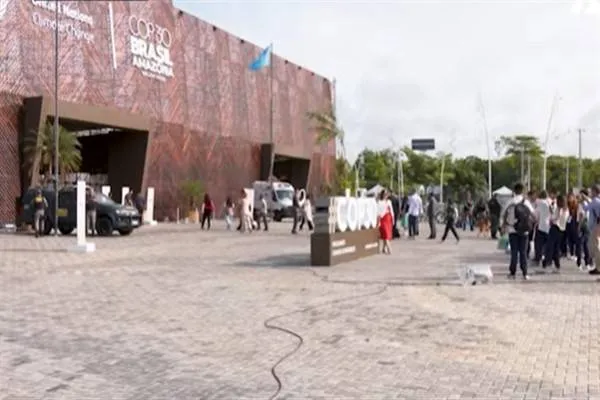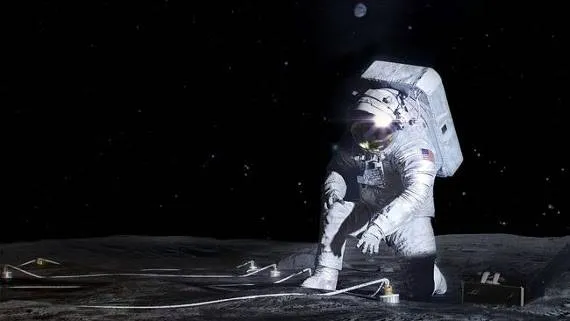Row over fossil fuels erupts at UN climate summit
Stockholm, 22 November (Hibya) – At the COP30 UN climate talks in the Brazilian city of Belém, a fierce dispute over fossil fuels broke out as the official time of the meeting expired.
At the heart of the row is a disagreement over how strong a deal should be to reduce the global use of fossil fuels, which make the largest contribution to climate change.
The disagreement is setting blocs of countries against one another, but any agreement at the two-week summit requires the consent of all 194 parties.
Delegates and observers in the secured negotiating room say the talks have become extremely difficult.
Delegates and observers in the protected chamber add that the negotiations have grown very hard and tense.
Brazilian President Luiz Inácio Lula da Silva and several countries, including the United Kingdom, want the summit to spur states to take stronger and faster steps to cut their use of fossil fuels.
This would mean building on the agreement signed two years ago at COP28 in Dubai, which committed countries to “transition away from fossil fuels”.
French Environment Minister Monique Barbut said the deal was “being blocked by oil-producing countries such as Russia, India and Saudi Arabia, with many developing nations also joining them”. She added: “Right now we have nothing left on the table.”
Speaking to journalists outside the negotiating room, UK Energy Security and Net Zero Secretary Ed Miliband said Britain was determined to keep its plan to go further on fossil fuels “alive” in the talks.
“It’s hard, exhausting and frustrating. There are huge divisions between the positions,” he said.
Europe Asia News
















